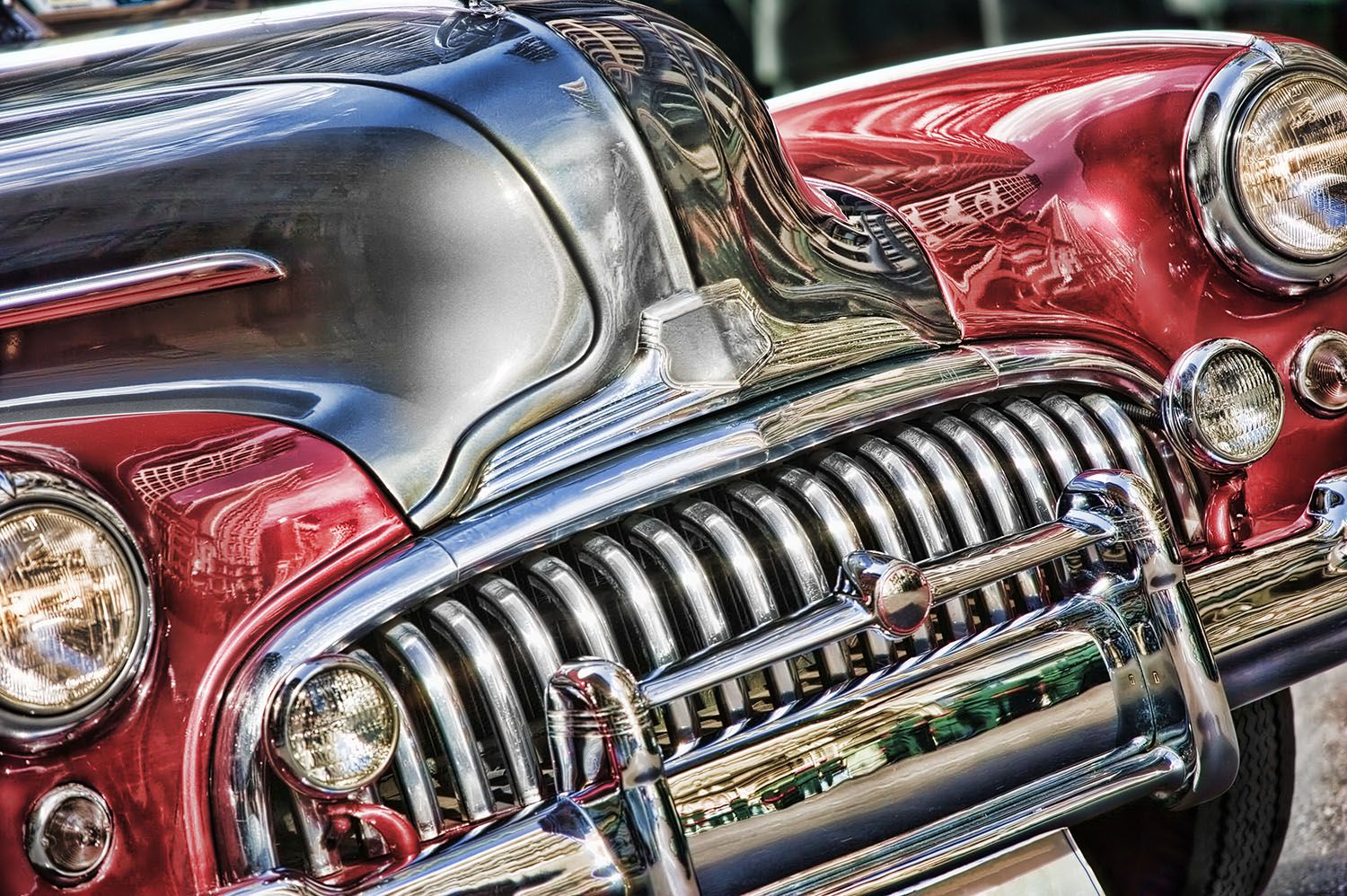You’ve come across a vehicle that you would like to make your own. The thing is that you’re not sure about the price. Is it a good one for a classic car? One way to find out is to have the vehicle appraised before you make an offer. Here are some of the primary factors that an appraiser will consider while assessing the classic car value of that vehicle.
The Make and Model
While there’s no doubt that the car is a classic, that doesn’t automatically translate into a lot of value. This is why the appraiser will consider the make and the model closely. Was this a car that was popular in years past, and continues to enjoy a positive reputation among car collectors? If so, that will go a long way to confirm the amount of the asking price.
At this juncture, the appraiser is considering a general factor that could apply to any vehicle of the same make and model. With this settled, it will be time to move on to factors that are specifically about the car you’re thinking of buying.
The Car’s Condition
The focus will now shift to the car itself. How’s the overall condition? The appraiser will be on the lookout for the use of original parts to make any repairs, as well as how well the vehicle had held up with the passage of time. In general, classic cars that are kept in near mint condition will be worth more.
While the car may look fine to you, the appraiser may spot things that you’ve overlooked. Little things like parts that are produced by a third party, signs of a paint job that indicate some sort of accident in years past, and even evidence that elements like the pedals are not original may have some impact on the value.
Total Mileage
Expect the appraiser to look closely at the mileage. Depending on the age, the amount of mileage may be considered average. That’s one more indication that the car was taken care of and is likely worth the asking price.
When the mileage is considered excessive, that may motivate a closer look at the engine, the underside, and the transmission. In terms of calculating the classic car value, unusually high mileage is not going to help increase that value.
Current Supply and Demand
Finally, the appraiser will think about how many cars of the same make and model are currently on the market. How well are they selling? If the supply is low, and cars appearing on the market are being snapped up within days or a couple of weeks, that bodes well for the seller’s asking price.
When there appear to be a number of vehicles of the same make and model on hand, and they tend to remain on the market for weeks and possibly months, that does not indicate that the price set by the seller is particularly effective. Think long and hard before you proceed with the purchase, since you may be able to get a better deal elsewhere.
Remember that your goal is to determine if the sale price is one that is worth the amount. Once you have the appraisal in hand, it will be easier to determine if this is a buy that you want to make, of if waiting a little longer would be a good idea.

